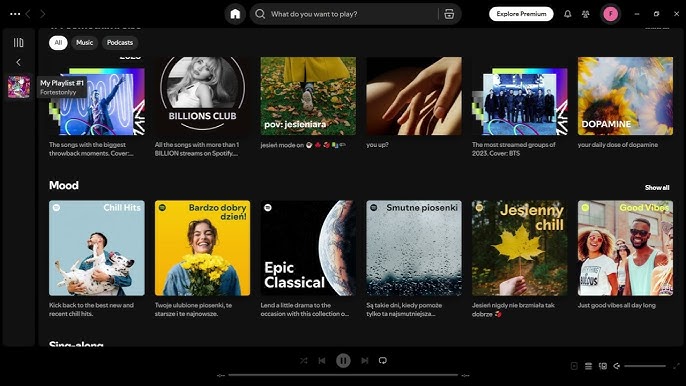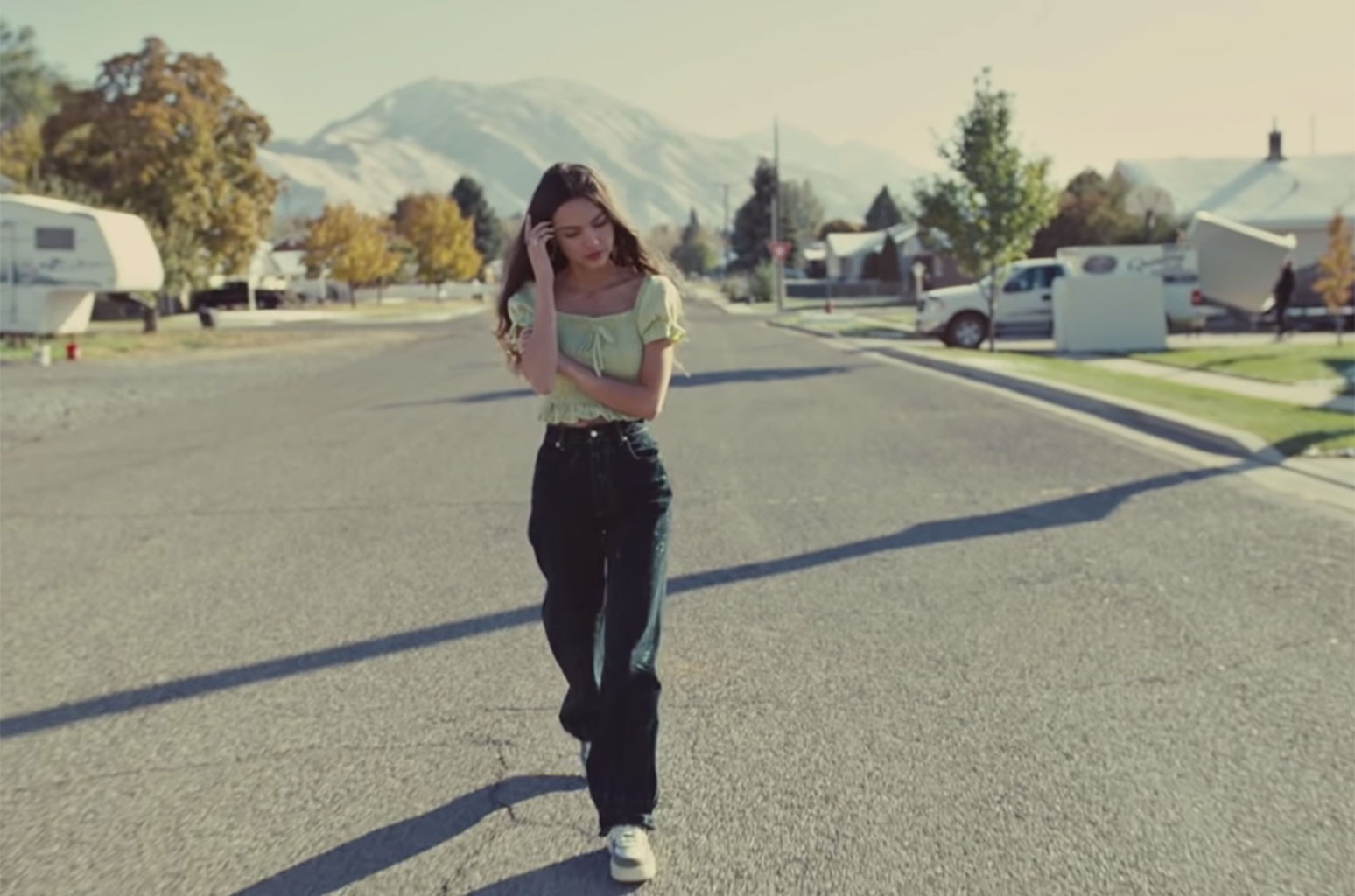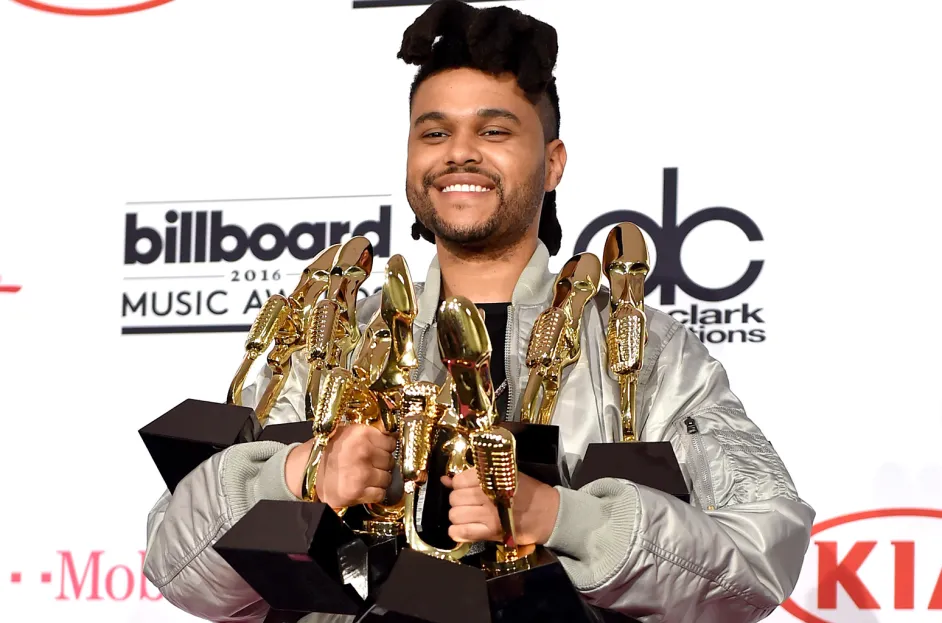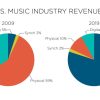The way music charts are determined has evolved dramatically over the years. In the past, radio airplay, physical album sales, and industry influence played dominant roles in deciding which artists topped the charts. However, the rise of digital platforms, fan voting, and streaming campaigns has shifted the power to the listeners. Today, devoted fanbases can propel their favorite artists to the top through social media mobilization, coordinated streaming efforts, and dedicated voting initiatives. This shift has democratized the industry, but it has also sparked debates over fairness, authenticity, and chart manipulation. How exactly have these trends reshaped music rankings? Let’s explore the biggest ways fan engagement and streaming campaigns have transformed modern music charts.
1. Fan Voting Creates a Direct Influence on Chart Success
Fan voting has become a major factor in shaping music rankings, particularly for awards and real-time charting platforms. Contests like the Billboard Music Awards, MTV’s Video Music Awards, and global charts such as South Korea’s Gaon and Melon heavily incorporate fan votes to determine winners and rankings.
Social media platforms, including Twitter, TikTok, and dedicated fan forums, play a significant role in mobilizing votes. Hashtags, retweets, and organized voting parties help certain artists gain an advantage over competitors. K-pop fandoms, in particular, have mastered these tactics, driving their idols to record-breaking wins. While this has increased fan engagement, it has also sparked concerns over whether success is being determined by true popularity or by the sheer intensity of organized fan efforts.
2. Streaming Manipulation and Fan-Organized Playlists
The rise of music streaming platforms like Spotify, Apple Music, and YouTube has introduced a new way for fans to influence the charts. Instead of relying on physical sales, fans can now boost their favorite songs by organizing mass streaming campaigns.
These efforts often include creating playlists that repeatedly feature a particular song, setting up streaming schedules, and encouraging fans to play tracks on a loop to maximize stream counts. While these tactics have helped artists achieve new streaming records, critics argue that they artificially inflate numbers, leading to debates over whether chart rankings truly reflect organic listener interest or are simply a result of strategic manipulation by dedicated fanbases.

3. The Rise of TikTok and Viral Challenges
TikTok has emerged as one of the most influential platforms for music discovery and chart success. Viral challenges, dance trends, and short-form videos can propel a song from obscurity to global stardom in a matter of days. Unlike traditional radio promotion, TikTok’s algorithm prioritizes engagement, meaning that if a track catches on, it can gain traction regardless of industry backing.
Artists and their teams have started to leverage TikTok trends by encouraging fans to participate in viral challenges. Songs like Lil Nas X’s Old Town Road and Olivia Rodrigo’s Drivers License skyrocketed up the charts due to TikTok virality. This new form of organic promotion has disrupted the traditional music industry model, making it clear that social media trends can be just as influential—if not more so—than conventional marketing strategies.

4. Chart Manipulation Concerns and Industry Responses
With fan voting and streaming campaigns dominating the charts, industry leaders have implemented stricter policies to prevent artificial inflation. Billboard, for instance, has adjusted its ranking criteria multiple times, incorporating paid versus free streams and capping certain streaming thresholds to ensure fairer chart placements.
Despite these efforts, chart manipulation concerns persist. Some record labels have been accused of using bots or mass purchasing strategies to boost numbers artificially. Additionally, industry analysts argue that while fan campaigns bring excitement and engagement, they may overshadow new and independent artists who struggle to compete with massive fandom-driven efforts.


